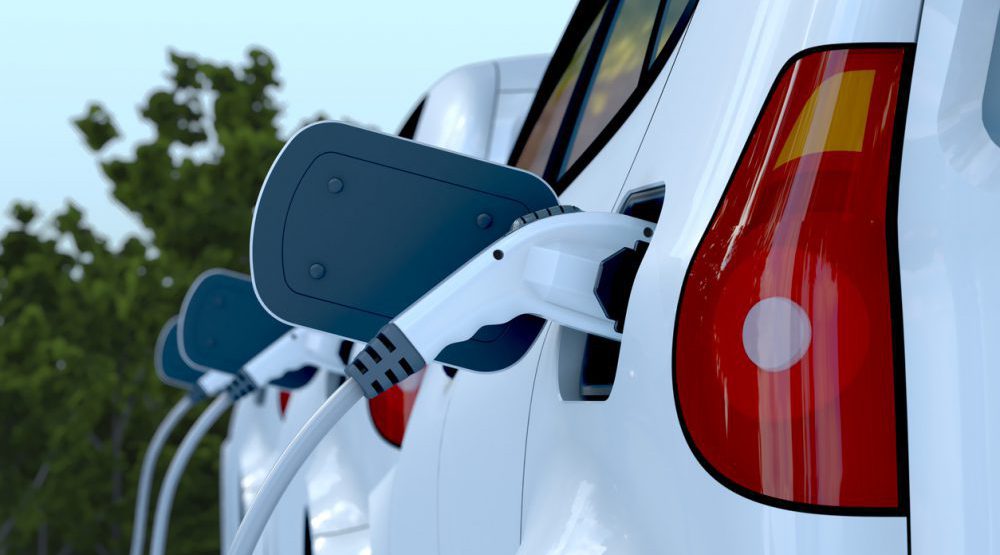
Waste Management NZ has welcomed the Interim Climate Change Commission’s (ICCC) call for more electrification of New Zealand’s road fleet in reducing carbon emissions.
The ICCC’s report on Accelerated Electrification was released today by the Minister for Energy and Resources, Hon Dr Megan Woods.
Following a year-long evidence and analysis-based inquiry, the Committee recommends a series of actions the Government can take to reduce greenhouse gas emissions, using renewable electricity to reduce transport and process heat emissions.
The ICCC recommends that Government should prioritise accelerated electrification of transport and process heat over the goal of achieving 100 per cent renewable electricity by 2035.
“New Zealand has long benefitted from a high percentage of renewable electricity generated from hydropower and, increasingly, from wind. As a result, electricity generation is responsible for less than 5 per cent of New Zealand’s greenhouse gas emissions, whereas fossil fuels used in transport and process heat account for about 30 per cent,” said Committee Chair, David Prentice.
The report shows that under the current system, the percentage of renewable electricity is on track to rise from 82 per cent to up to 97 per cent by 2035 without further intervention.
The Committee has identified accelerated electrification as a major opportunity to more rapidly reduce greenhouse gas emissions, but is calling for more action to take advantage of this.
“Accelerated electrification will be a crucial step towards eliminating fossil fuel emissions in New Zealand. But to make it happen, the Government must act urgently. Every petrol or diesel vehicle imported into the country will be around for the next 10 to 20 years and a new fossil fuel boiler can last for over 40 years,” said Prentice.
Waste Management NZ managing director Tom Nickels said the report was a reminder of the environmental benefits of EVs, with the company having started its shift to EV waste collection trucks three years ago.
“Reducing transport emissions will help safeguard our environment for future generations,” he said. “That’s why we have made the commitment to adopt electric vehicle technology.
“There are real challenges in shifting to EVs for a heavy fleet. It’s still early days for us, but getting more diesel trucks off the road has to be a good step forward.”
Waste Management currently has nine EV trucks. It is working to have 20 of its national truck fleet converted to electric and around 100 electric vehicles in its light fleet by the end of 2019.
Waste Management was the first company to introduce electric trucks into its fleet and is now converting its diesel trucks to electric in a purpose-built facility in Auckland.
“Our EV workshop has created a knowledge centre for EV conversion and will help us, and other businesses, contribute to a more sustainable future,” Nickels said.
Waste Management has committed to reducing its GHG emissions in line with the Paris Agreement for a future low carbon economy. Marking a first for the waste industry in New Zealand, the company recently achieved CEMARS (Certified Emissions Measurement and Reduction Scheme) certification, measuring its carbon footprint.
Comment below to have your say on this story.
If you have a news story or tip-off, get in touch at info@13.238.154.125.
Sign up to INCLEAN NZ’s newsletter